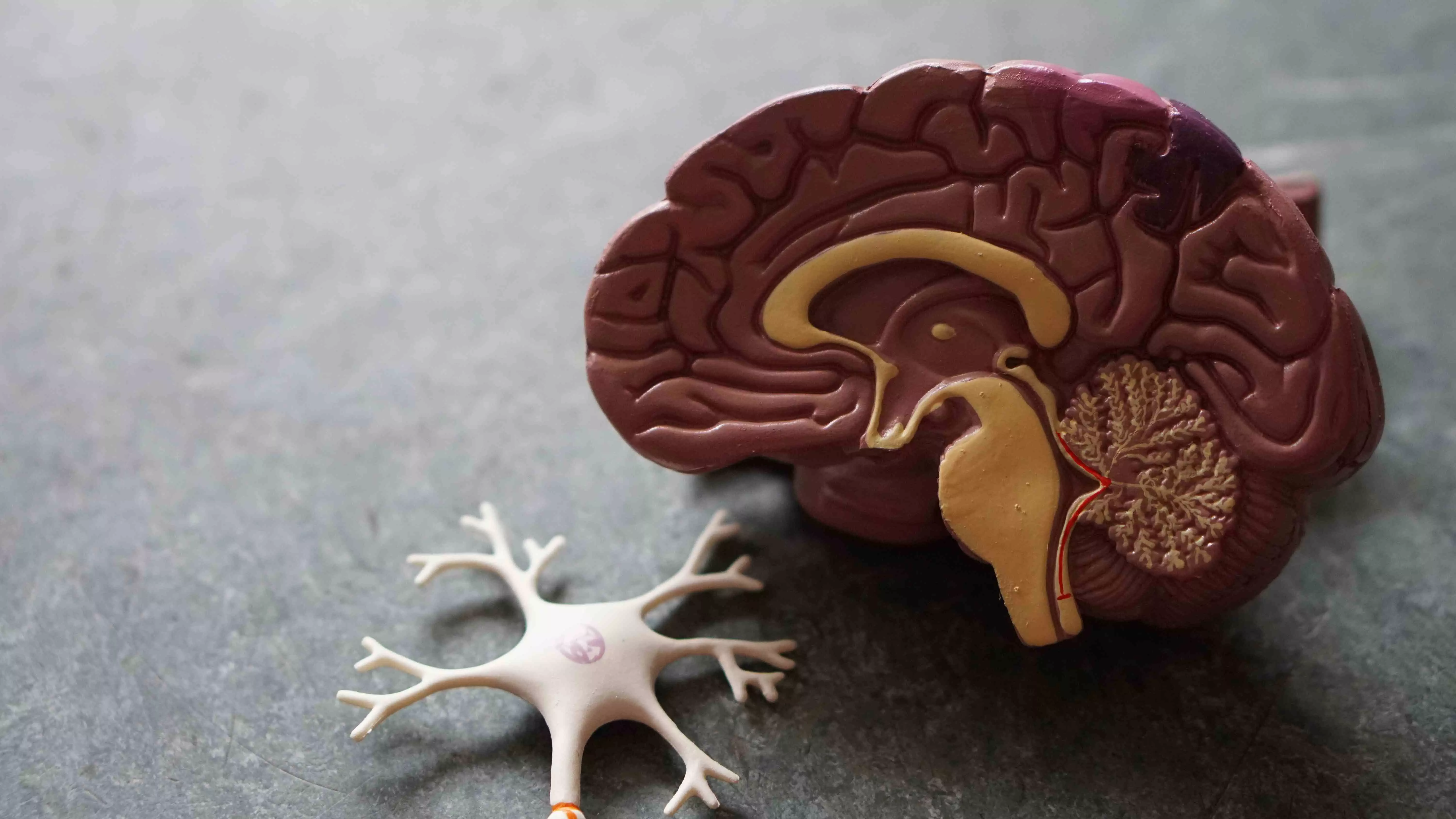Shrouded in stigma
Despite considerable progress made in the domain of mental health awareness and treatment, widespread stigma continues to prevent affected individuals from seeking help and therapy

“Mental health is a universal human right.”
World Mental Health Day is held annually on October 10 around the globe to raise awareness about mental health issues and promote mental well-being worldwide. This World Mental Health Day, brush up on your FAQs about mental health; after all, your mental health and mind are of utmost importance.
But first, where is your mind?
Think of the brain as the physical hardware of a computer, and the mind as the software that runs on it. The mind encompasses your thoughts, emotions, memories, consciousness, and the ability to perceive and interact with the world around you. Your mind makes you who you are.
Don’t ignore its wellbeing.
India’s mental health burden
Mental disorders are associated with immense stress for the person battling them, their family, employers, and even society. Close to 60 to 70 million people in the country suffer from common and severe mental disorders. India is the world’s suicide capital, with over 2.6 lakh cases of suicide in a year.
Know your specialists
Psychiatrist: A psychiatrist is a medical doctor who specialises in mental health. They have a medical degree (MD or DPM) and are trained to diagnose, treat, and prevent mental illnesses. They can prescribe medication, provide psychotherapy, and offer a range of treatments for conditions like depression, anxiety, bipolar disorder, schizophrenia, and more.
Psychologist: A psychologist holds a masters, MPhil or doctoral degree (Ph.D. or Psy.D.) in psychology. They are trained to understand human behaviour and can provide psychological assessments, therapy, and counselling to help individuals manage and overcome mental health challenges. The two main subsets in practice are clinical and counselling psychologists.
Counsellor: In India, the terms counsellor, psychologist, and therapist are used interchangeably, even though they are not apt.
Life coach: A life coach is a professional who helps individuals set and achieve personal and professional goals. They do not require specific degrees or licences and are not trained mental health professionals; hence, they are not an alternative for providing therapy or treatment for mental illness.
Therapy can be sought for a myriad of issues, including:
* Relationship issues
* Stress management
* Depression and anxiety
* Trauma and PTSD
* Grief and loss
* Self-Esteem and self-confidence
* Career and work-related issues
* Life transitions
* Anger management
* Substance abuse and addiction
* Eating disorders
* Parenting and family dynamics
* Sexuality and gender identity
* Personal growth and life coaching
Signs that you need help with your mental health immediately:
* Biological drives affected: sleep and appetite
* Constantly feeling sad and low
* Sudden mood changes
* Extreme change in personality
* Reckless behaviour
* Substance abuse
* Violent behaviour
* Disconnection from oneself and others
* Severe panic attacks
* Emotional dysregulation:
* Self-harm and suicidal ideations
* Neglecting basic self-care
Why do people have inhibitions about seeking help? How can we reduce these issues?
* Stigma: Society is still plagued with harsh terms and connotations when it comes to mental health. Spreading awareness and making help readily available is the only solution.
* Weakness: Equating seeking help to weakness is often used by loved ones. We need to move past this and work with empathy.
* Myths about medication: Society has stereotypical ideas about medication due to previous molecules. The truth is, new-age medicines can help you stay functional and overcome issues.
* Social media and mental health advice: Social media is a playground for information of all kinds. The good, bad, and ugly. It is not only a place for self-help gurus to sell their advice but also a place where people can find meaningful information about their issues. It’s also a place where people can find community and kinship, yet sometimes it’s a place that breeds isolation.
* Jargon matters: Your words matter; don’t use them lightly. Terms like “Oh, I am so depressed”, “You are so OCD,” and “Don’t act bipolar” are all lexicons that we need to work on. No one ever says, Oh! I am so arthritic because their body hurts, or I am feeling diabetic if they end up consuming too much sugar. Refrain from overusing, as it leads to underplaying the gravity of the situation for those who are battling this issue.
Progress in the mental health domain in India:
India has actively begun work in this much-needed sphere.
Insurance: IRDAI has mandated that all health insurance policies must cover mental illness from October 1, 2022, in response to the rising cases of mental health issues.
MHCA 2017: The Act introduces much-needed rights favouring people with mental illnesses.
Decriminalising suicide: ‘Attempt to suicide’ u/s 309 of the Indian Penal Code as a criminal offence has been scrapped to allow such persons with the right aid rather than penalising their mental state.
The Protection of Children from Sexual Offences (POCSO) Act, 2012, was enacted by the Government of India to safeguard children from sexual abuse and sexual offences.
TELEManas helpline: The financial budget for FY 2023–24 for T-MANAS is Rs 134 crore, which is three-times higher than the BE (Rs 40 crore) for the National Mental Health Programme in the past three years. The service handles over 1,300 calls daily in 20 different languages. Currently, there are 42 active Tele Manas cells across 31 states and Union Territories. Telemanas: 1-800-891-4416
Endorsement by celebrities: Many celebrities are getting attached to this cause.
You: Are you doing your part by taking care of your mental health?
Send your questions to [email protected]



